In fact, empirical research on the prevalence of gambling problems is quite limited in Japan as a whole. The third factor, and here too lurks the Japanese notion of personal responsibility, is the government's negligence in developing countermeasures to address gambling addiction. Although Japan is a gambling superpower, it has no policies to address overbetting. Nor has it adopted the popular principle in many other countries of holding the gaming industry accountable for the negative impacts of betting.
As with all forms of gambling in Japan, pachinko gambling addiction is a cause for concern. The government disapproves of gambling addiction and encourages classrooms to refuse to serve those who may have problems with gambling. Of course, many salons are hesitant to take this step because they do not want to lose income. Recently, there have been ongoing discussions within the Japanese government regarding the legalization of sports betting in football and baseball.
In particular, there is little about how gambling problems are stigmatized differently from other countries or how cultural values and beliefs have influenced treatment. ii) It is unclear whether Japanese residents are allowed to use online casino services whose operators are located and licensed outside Japan, but it can be prosecuted as illegal gambling if the user's bets are placed within Japan. These social factors reduce the likelihood that gambling addicts or family members who go to authorities, a friend or acquaintance will receive the help they seek. However, the most important form of gambling, electronic gaming machines (EGM), which in Japan consist of pachinko and pachislot, are considered entertainment games and are therefore not regulated by any gambling law.
In addition, sample sizes for problem players (including gambling addicts) were too small to analyze regional differences with respect to gambling addiction. Debts derived from illegal gambling are not enforceable because they violate public order and good morals, a general rule of the Civil Code. This is my background, but there are thousands of gambling addicts who matured in environments where there were no excessive bets. SOGS scores were probably higher in prefectures with smaller populations because they have fewer entertainment activities but more pachinko activities, which would also explain why SOGS scores were higher in prefectures without public gaming places.
Countries such as Singapore and the United States that have large gambling industries have many basic measures aimed at curbing compulsive gambling. Due to its popularity and history in Japanese culture, Pachinko is a game that has been given an exception due to existing gambling laws. The omnipresence of gambling halls, which there are approximately 10,000 in all of Japan, makes gambling a practical leisure activity. Surveys revealed the prevalence of gambling in Japan, but the sample size for problem players was very small.
The revision of medical fees by the Ministry of Health, Labour and Social Welfare on February 7 has resulted in gambling addiction treatment being covered by public health insurance.
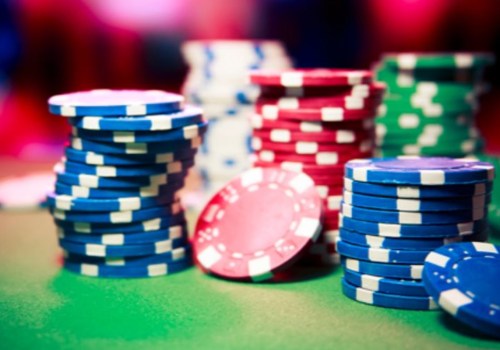
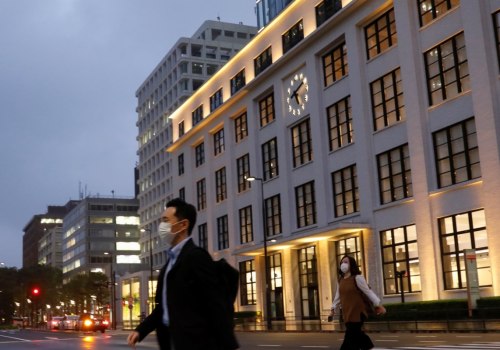
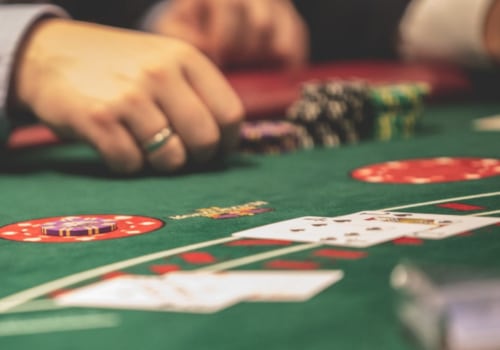
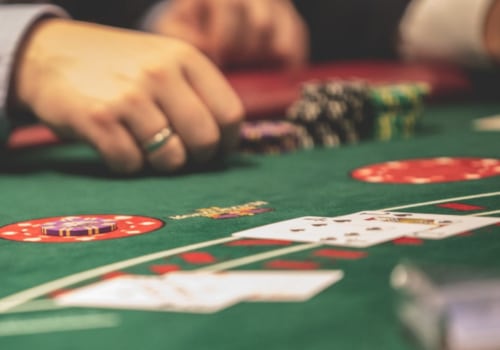

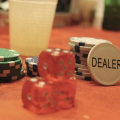

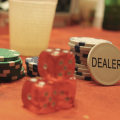
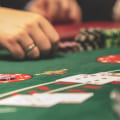


Leave Reply